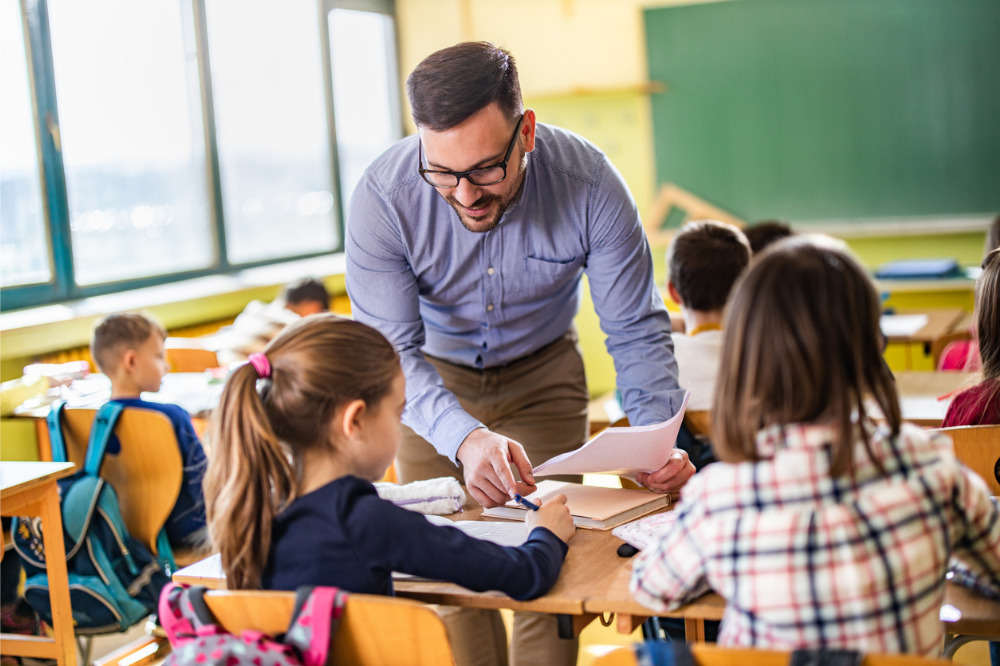
While there are some encouraging signals that the worst of the Covid-19 pandemic may finally be over for Australians, there are concerns that new strains of the virus could cause a new wave of disruptions. As recent reports show, this is something families and schools take seriously.
One nationwide survey found that a staggering 90% of Australian parents are anxious about disruptions to schooling in 2022. The reasons vary from concerns around student safety to sufficient resourcing and the impact that loss of human connections during the lockdowns had on their children.
For young people themselves, these challenges can take a toll on their learning and lives both in and outside the classroom, and so schools are hard at work trying to ensure they’re offering their students as much support as possible.
“Children and young people are living in an uncertain world, with their lives in some respects less predictable than all of us would prefer,” Associate Professor Victoria Whitington, Dean of Programs (Education Futures) at UniSA, told The Educator.
“Furthermore, they pick up the uncertainty from those around them, particularly those closest, their parents, siblings and teachers.”
Assoc/Prof Whitington said this means managing their sense of security by creating a sense of ‘we can manage together’, ‘I am here for you’, and ‘we will get through, despite the obstacles’ is especially important.
“Beginning school for the first time, parental calmness and confidence, routines so that their days are relatively predictable, opportunities to play with parents and other young children, and listening carefully and responding to any worries they may have, are all vital for children of this age,” she said.
“I think when parents connect with their five-year old’s teacher and open up the lines of communication and be clear about what they would like to hear about and how is also important.”
Even without the pandemic factoring in, Assoc/Prof Whitington said the challenges school beginners face are very real.
“Whole day separation from parents for the first time for some, new location, new adults and peers to interact with and respond to new routines, can be discomforting for children,” she said.
“With Covid added, it is uncertainty about their own safety and that of those closest to them. With calm and supportive parents and teachers, and a fairly predictable sense of what is happening next, they will manage well.”
Assoc/Prof Whitington said school leaders who position the year as full of opportunity for students will help allay some of the fears they have about returning to school.
“This includes principals learning about their students’ world, setting clear boundaries, and encouraging positive and supportive relationships between teachers and their students,” she said.
“Doing these things will assist children and young people to cope and thrive at school, in spite of the challenges that may arise.”


